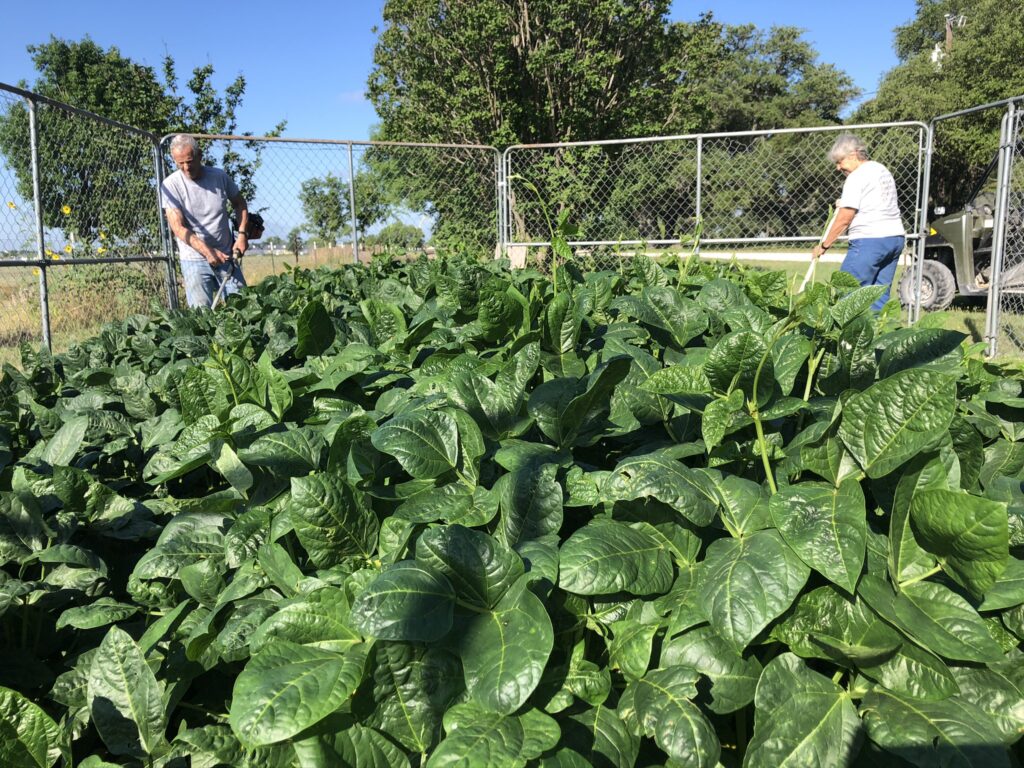
Planting a garden is more than growing fresh food—it’s an opportunity to support those in need. Planting a garden for charitable purposes fosters true personal fulfillment. Many individuals and families face food insecurity, relying on community resources for nutritious meals. By dedicating part of a garden to charitable giving, people contribute to a larger effort that strengthens food programs and provides relief. Whether through direct donations or community-driven initiatives, growing and sharing food makes a lasting difference.
Sharing Fresh Produce with Those in Need
A well-tended garden often yields more than one household can consume, offering a natural opportunity for food donations.
- Designate a donation section – Reserve a specific portion of garden space for crops intended for local pantries and soup kitchens.
- Select prolific, storable crops – Vegetables like squash, carrots, and cucumbers store well and are widely accepted by food assistance programs.
- Coordinate with local organizations – Contact local charities or soup kitchens to learn about current needs and ideal drop-off times.
- Preserve surpluses – Canning or freezing extra produce extends its usefulness for donation throughout the year.
Making a Positive Impact Through Gardening
A garden designed to help others has significant effects on food security, sustainability, and overall community well-being.
- Enhance dietary options – Fresh produce adds valuable nutrients to meals provided by community programs.
- Reduce food waste – Excess fruits and vegetables reach those who need them, preventing spoilage at home.
- Inspire further generosity – Seeing one person’s donations can motivate others to follow suit.
- Find personal fulfillment – Contributing to a more compassionate community fosters a strong sense of purpose and satisfaction.
Creating a Garden That Benefits the Community
Gardens can be powerful tools for uniting individuals, groups, and institutions around a common cause.
- Start a shared initiative – Work with neighbors, schools, or community centers to establish a community garden for growing food to donate.
- Offer basic gardening sessions – Simple tutorials on planting, soil preparation, or composting encourage participation.
- Involve young people – Youth engagement promotes awareness of social responsibility and practical skills in growing food.
- Distribute harvest collaboratively – Organize pick-up days or drop-off drives to ensure produce reaches those who need it most.
Supporting Soup Kitchens with Homegrown Ingredients
Soup kitchens often depend on shelf-stable items, yet fresh produce can greatly enhance the quality of the meals they serve.
- Focus on staple ingredients – Potatoes, onions, beans, and greens are frequently used in soups and stews.
- Include herbs for flavor – Basil, parsley, or oregano can elevate simple dishes without relying on processed seasonings.
- Commit to ongoing contributions – Consistent donations allow meal planners to rely on fresh produce each week.
- Volunteer beyond donations – Consider helping prepare or serve meals, forging a closer connection to the cause.
Strengthening Community Ties Through Shared Gardening
A garden cultivated for the common good fosters cooperation and mutual support among neighbors and local groups.
- Invite others to plant together – Group planting days build camaraderie and spread knowledge.
- Organize produce-sharing events – Exchanging surplus fruits and vegetables ensures nothing goes to waste.
- Offer informal workshops – Sharing tips on seed selection or organic pest control motivates more people to grow food.
- Partner with community institutions – Collaborating with local organizations broadens reach and resources.
A commitment to growing food for others extends beyond the garden. This effort improves food security while making a lasting impact. It fosters connection, encourages generosity, and strengthens support systems for those in need. Small efforts add up, and with more people donating fresh produce, vulnerable individuals gain greater access to healthy meals. Every harvest offers a chance to make an impact, turning gardening into a meaningful way to give back.
Learn more about everything Scurlock Farms offers in Georgetown, Texas, by visiting us online today!
Views: 25





Leave a Reply